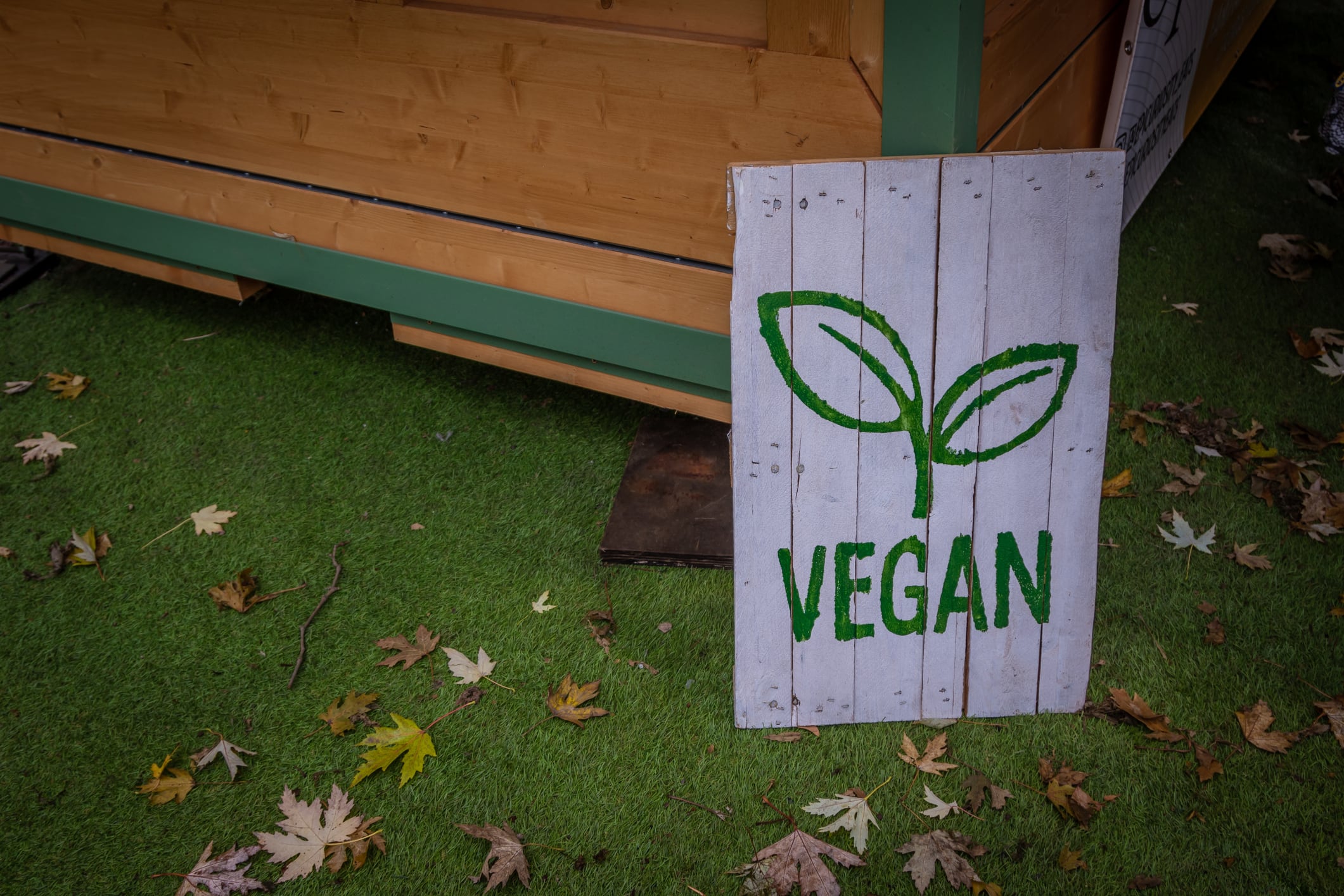The certificate, which serves as proof of compliance with India’s vegan food regulations, must be issued in the format specified in Form I of the proposed amendments.
The FSSAI is calling for public comments regarding these proposed amendments from February 28 to April 30.
Key changes proposed
Vegan food importers must ensure their products meet key compliance standards.
They must ensure that the product has not undergone animal testing for any purpose, including safety assessments, unless required by a regulatory authority.
All production, processing, and distribution stages must follow Good Manufacturing Practices (GMP) to prevent cross-contamination with non-vegan substances.
Vegan and non-vegan raw materials must be stored separately. The production line must also be distinct from facilities handling non-vegan ingredients.
If a separate production line is not used, thorough cleaning or equivalent procedures in line with GMP must be conducted before manufacturing vegan products, including all related equipment, utensils, and surfaces.
Importers must also ensure ingredient traceability.
Additionally, Form I requires explicit documentation of product information, which include transport and storage requirements, type of packaging, and product composition.
Other information required includes manufacturing and expiry dates for product traceability and regulatory checks.
Furthermore, if the product will be repacked or relabelled upon arrival, the importer must declare the location of premises for inspection clearance.
In short, importers must obtain a certificate from a recognised authority in the exporting country verifying compliance with India’s vegan food regulations.
Only products that receive this certification will be eligible for the FSSAI vegan logo, which is a mandatory requirement for imported vegan foods under these proposed rules.
Greater clarity and transparency
The draft amendments appear to clarify existing regulations, which do not specify any requirements except that a certificate must be issued by an authority approved by India.
The current regulations state: “No vegan food products shall be imported except with a certificate issued by the recognised authorities of the exporting countries in the format as specified by the Authority is accepted.”
If the proposed amendments are implemented, vegan food importers must produce “a certificate issued by the recognised authorities of the exporting countries in Form I of these regulations,” as stated in the draft amendment endorsed by FSSAI CEO G. Kamala Vardhana Rao.
According to the FSSAI, “vegan food means the food or food ingredient, including additives, flavourings, enzymes and carriers, or processing aids that are not products of animal origin and in which, at no stage of production and processing, ingredients, including additives, flavourings, enzymes and carriers, or processing aids that are of animal origin has been used.”
India is home to one of the largest populations of vegetarians and has seen great demand for vegan products, driven by ethical, health, and environmental concerns.
The newly proposed guidelines could ensure transparency in vegan product claims and strengthen consumer confidence in plant-based foods while creating stricter compliance requirements for international brands.



